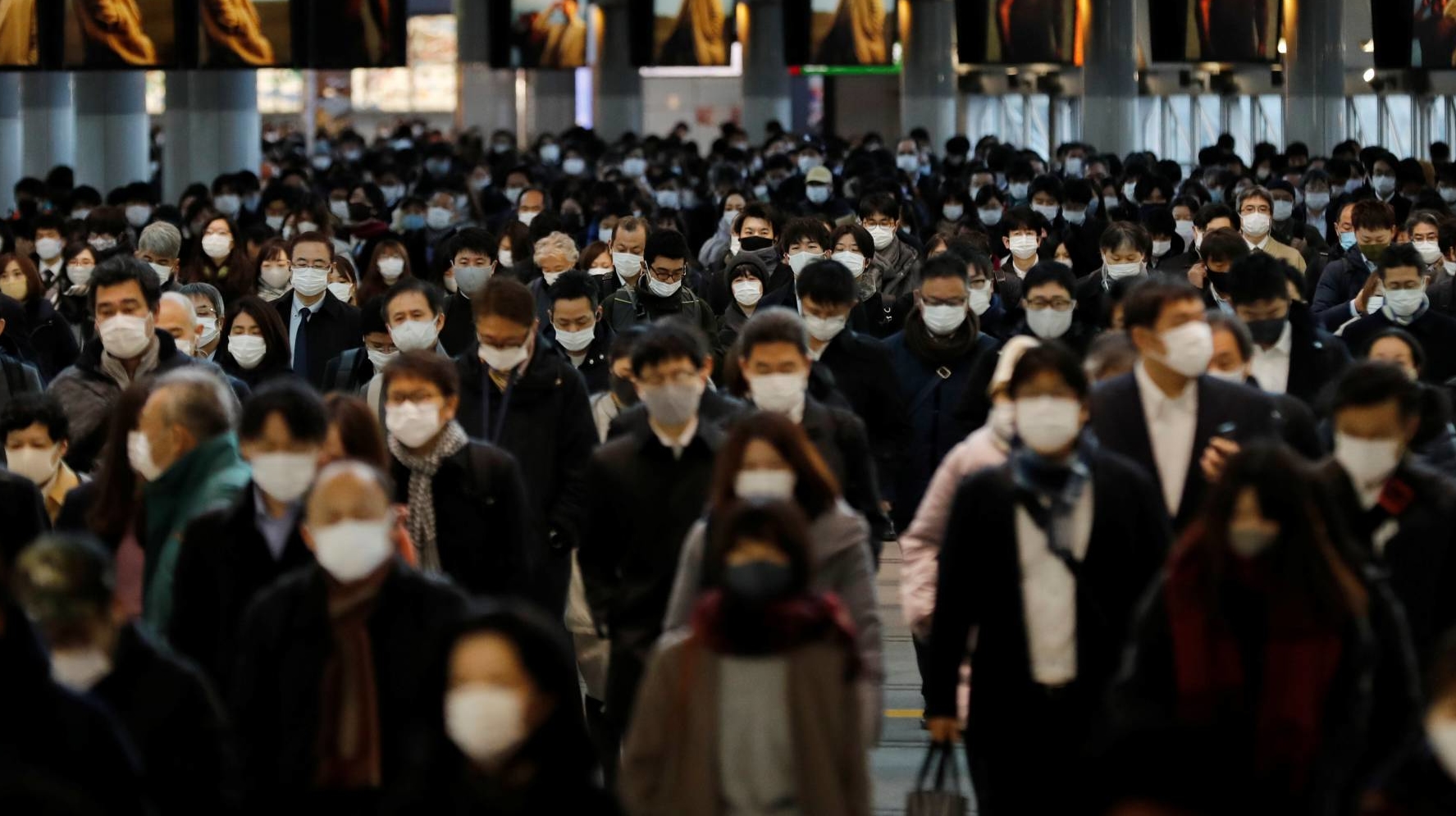Celebrities apologizing for catching COVID-19; patients hiding their infections for fear of being ostracized; so-called “virus vigilantes” harassing potential spreaders of the sickness — such behavior has become all too common in pandemic-era Japan.
“It’s not as frequent as it once was, but we’ve received anonymous phone calls complaining about our alcohol service at night,” says Ryuji Suzuki, a 20-year-old university student who works part time at an izakaya (Japanese pub) in Tokyo’s Bunkyo Ward.
The establishment has been among those that have defied the capital’s requests to refrain from serving alcohol and shorten business hours during various states of emergency, including the current quasi-emergency slated to remain in effect until March 6.


















With your current subscription plan you can comment on stories. However, before writing your first comment, please create a display name in the Profile section of your subscriber account page.